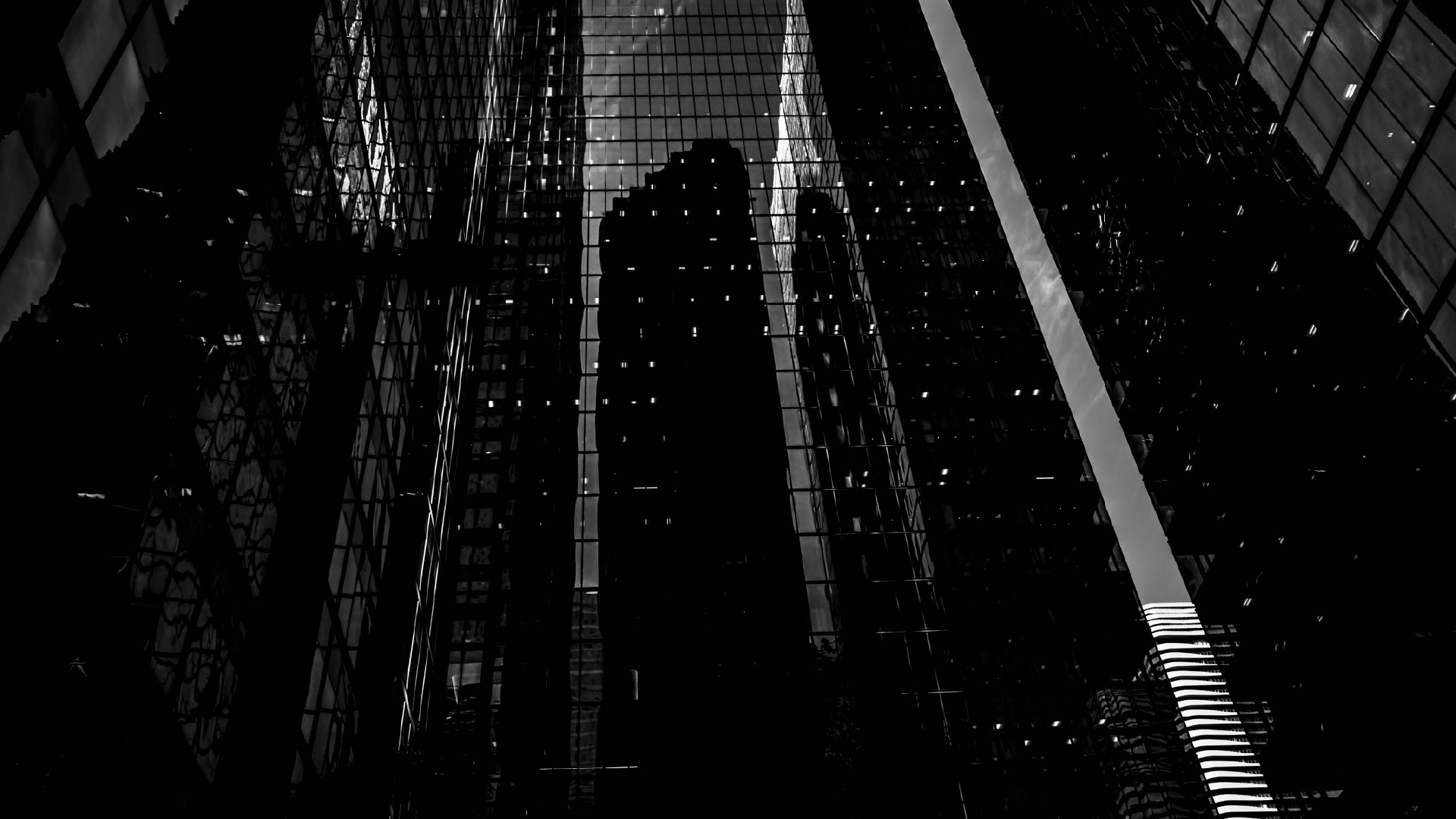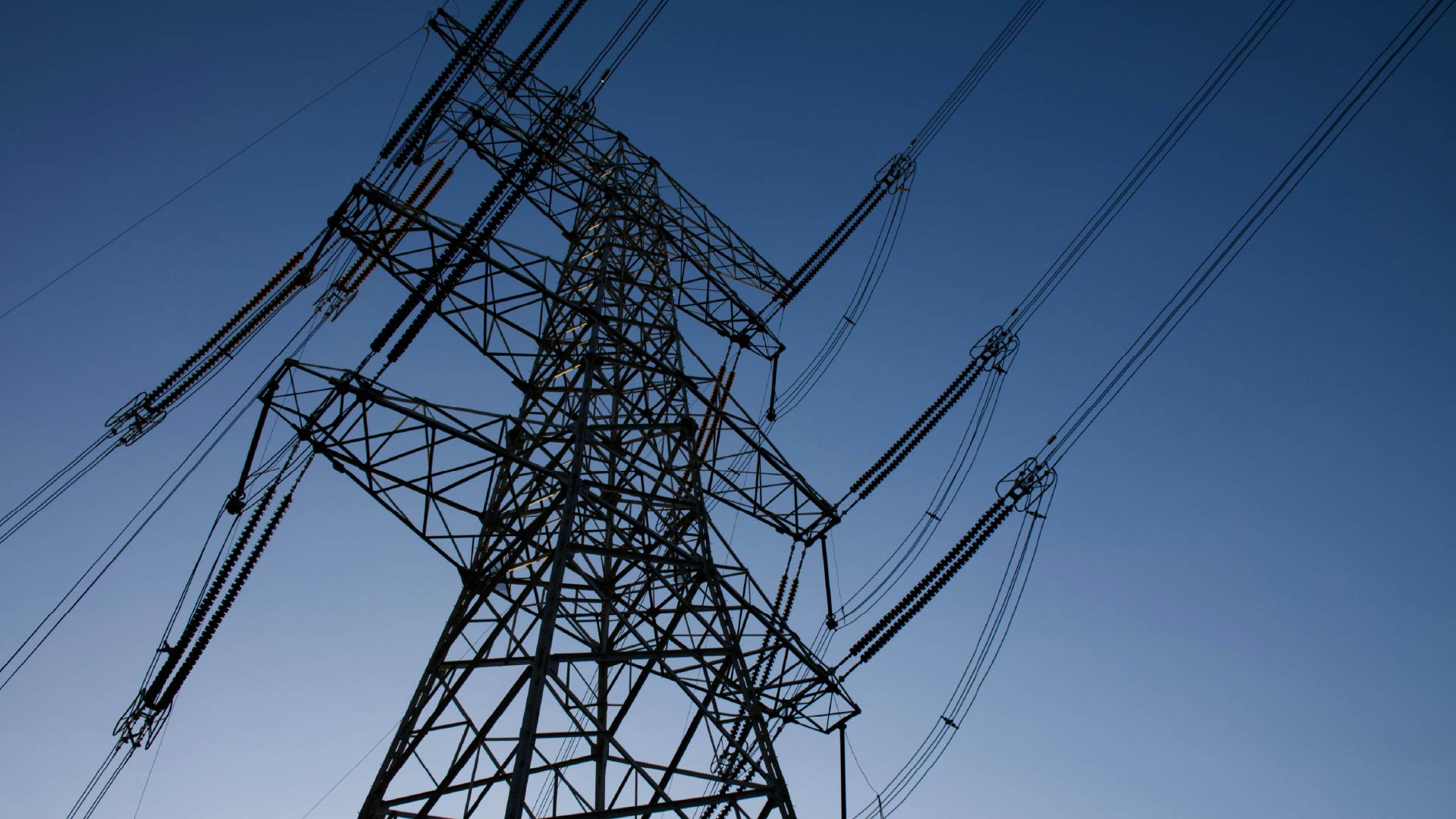24/7 Carbon-Free Energy Objectives Are Driving European PPA Growth

Harry Wilson
Power purchase agreements (PPA) – contractual agreements to purchase energy at an agreed price – were historically reserved for large industrial firms looking to hedge their significant energy consumption. In recent times, however, renewable energy PPAs have emerged, and businesses around the world are now entering into agreements with energy producers to ensure that they are operating on renewable energy, in line with sustainability commitments. These PPAs are not without their flaws – a lack of time-synchronicity and geographical correlation mean that the energy consumed customer-side is not entirely emission-free – but new offerings seek to correct these issues with the promise of 24/7 carbon-free energy (CFE).
The European PPA market grew throughout 2023: data from Pexapark, a PPA services provider, indicate that 272 PPAs, representing 16.2GW of energy, were signed in 2023 across the continent – a 40% increase compared with 2022. This growth is particularly associated with technology firms – Amazon, Equinix, Google, Microsoft and Vodafone all placed within the top 10 buyers – and with hyperscale data centre cloud compute capacity set to triple by 2029, the amount of renewable energy delivered through PPAs will undoubtedly rise.
Current renewable energy PPAs are not perfect: due to the nature of energy sources such as wind and solar power, production is not available in equal quantities across the day. As a result, businesses that have signed renewable PPAs do not always draw renewable energy from the grid, and thus still have emissions associated with their energy consumption.
24/7 CFE PPAs have come to market to address this issue. AES, a power utility, created one of the first agreements in 2020 for Google’s data centres in Virginia, and was able to meet the 500MW demand through a mixture of solar, wind, hydro and storage technologies. Hydroelectric power and energy storage are crucial elements of any 24/7 offering; Statkraft – a renewable energy producer – credits its offering to its flexible hydroelectric power provision. Other vendors offering PPA procurement services are Enel X, LevelTen Energy and Schneider Electric.
Demand for 24/7 CFE is only set to rise in 2024 across Europe; Google announced in February that it had signed more than 700MW in PPAs across the continent, to realize its 2030 goal of all Google campuses and data centres consuming only CFE. As a larger volume of renewable energy becomes available, and the technological costs associated with production, transmission and storage decline, so the costs of premium 24/7 CFE PPAs will fall. Organizations responsible for energy procurement should look to adopt such agreements to ensure their supply is not only renewable-powered, but also emission-free. However, it is important for businesses not to commit to overpaying for clean energy for an extended period of time, especially when costs are forecast to decline.
Verdantix has covered clean energy procurement across a variety of research practices. For further information, see Verdantix Best Practices: Energy Transition Strategies For Industrial Facilities and Verdantix New Strategies For Corporate Energy Management.
In the latest Verdantix Green Quadrant on energy management software, a key functionality category assessed was ‘Energy procurement and risk management’. For detailed scoring and analysis of this category, see Verdantix Green Quadrant: Energy Management Software 2023.
Verdantix also assessed renewable energy procurement in the recent climate change consulting Green Quadrant, within the ‘Renewable energy supply and energy decarbonization’ category. For detailed scoring and analysis, see Verdantix Green Quadrant: Climate Change Consulting 2023.
About The Author

Harry Wilson
Senior Analyst





